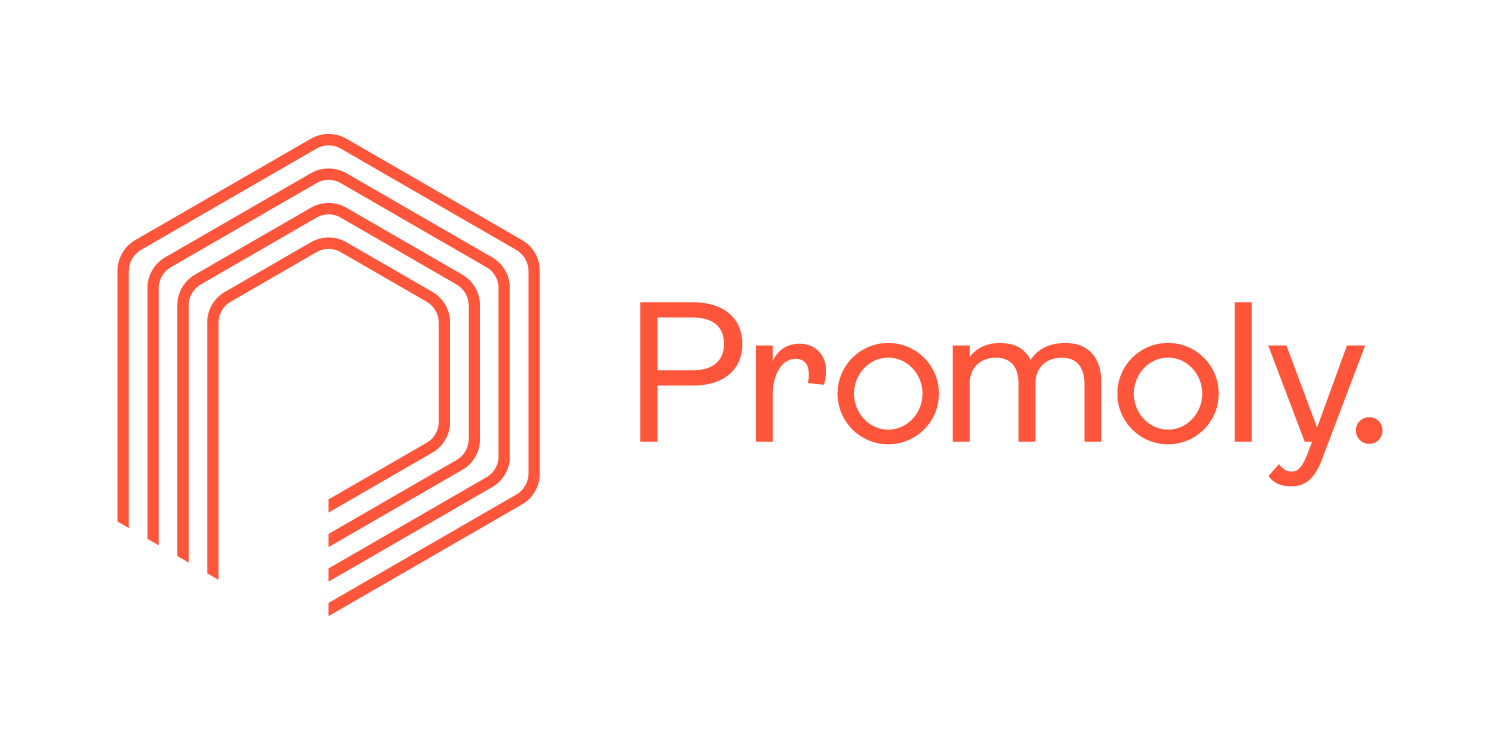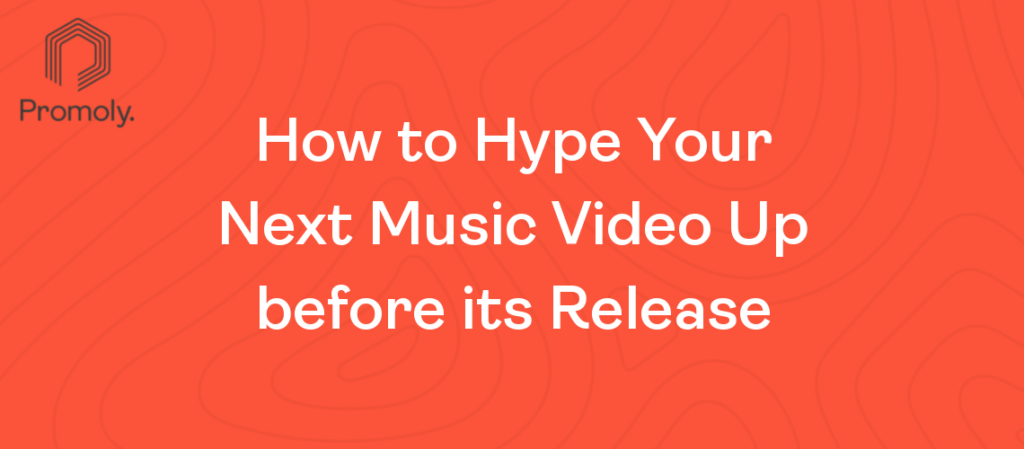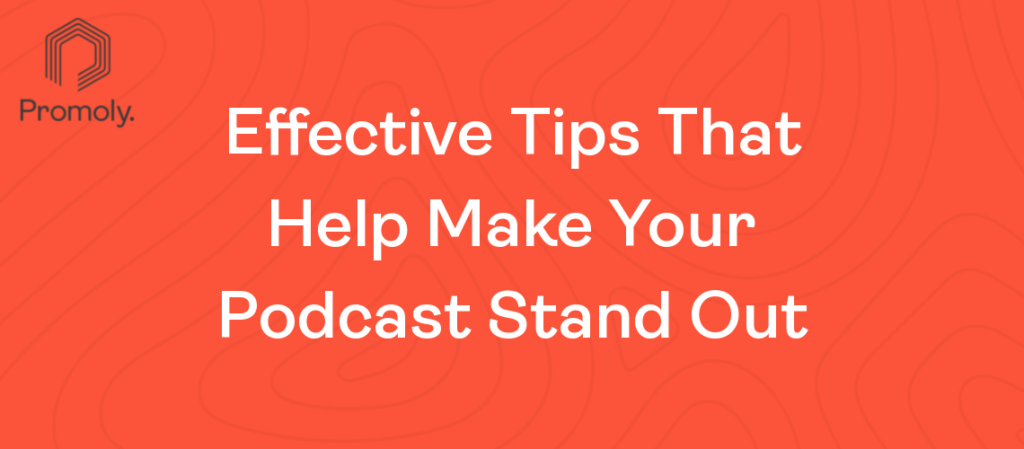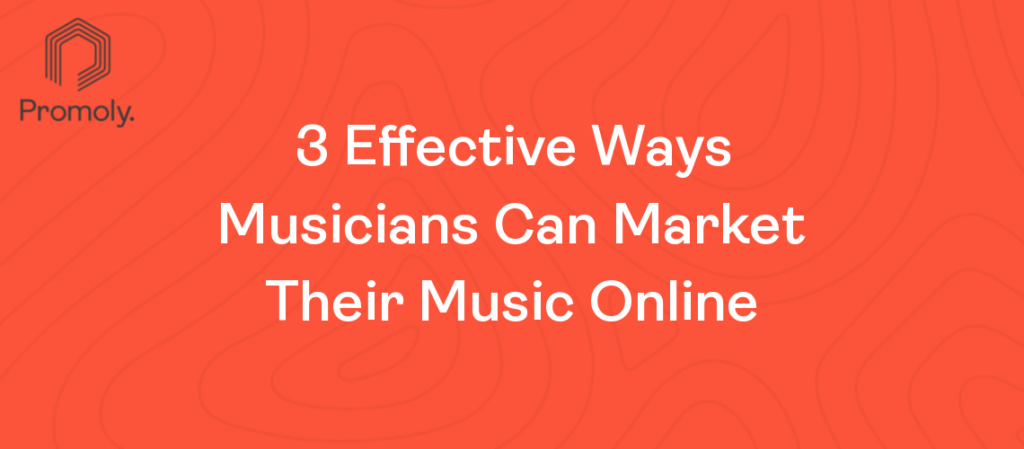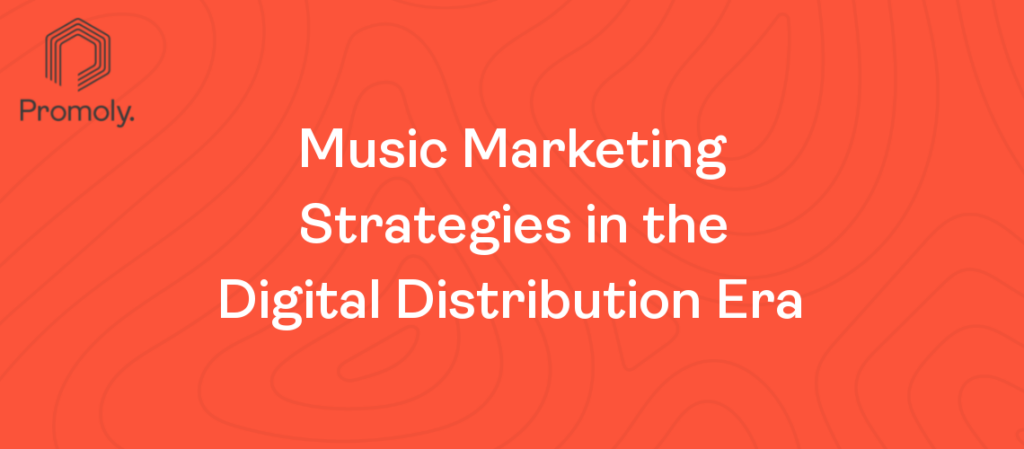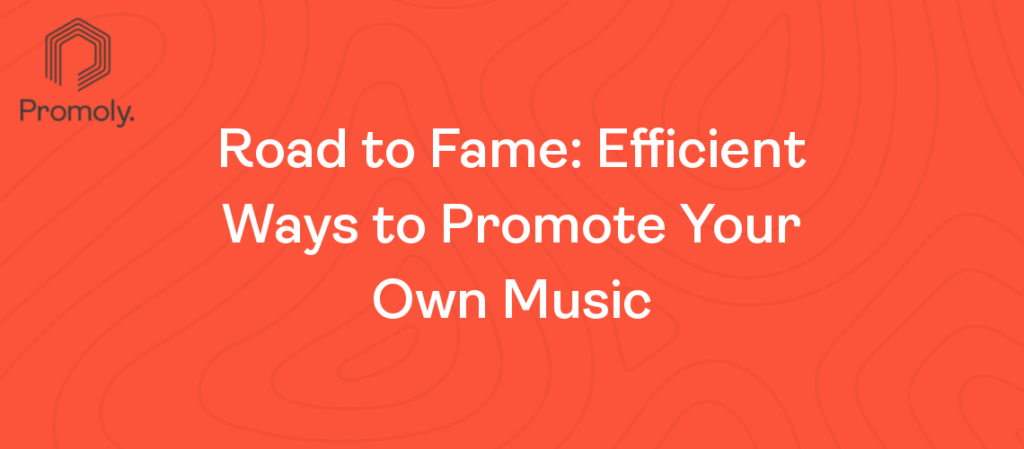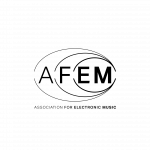How and Why TikTok is Transforming the Music Industry
If you’re trying to make something of yourself as a musician, singer, producer, or band manager, etc., the more eyes and ears on your music, the better.
They don’t say it’s tough to make it in the music business without reason—the industry is known for its glass ceilings and harsh outcomes. Still, there’s nothing more magical than creating something so artistic and beautiful that it can profoundly connect with anyone listening.
Though in many cases, getting people to really hear your music is a battle in and of itself. For all the world knows, you’re a combination of Mozart, Katy Perry, and Bob Dylan—but can’t find avenues to reach the masses.
Getting featured and turning up in the right spots as a band or solo act mainly comes down to those in which the top few record labels have invested. Those empires hold a monopoly over the radio stations, having also seeped their way into the likes of Spotify and YouTube—once havens for musicians without a label.
As a result, the overwhelming majority of phenomenal independent talents remain unnoticed and underplayed. So, if you’re looking to make a breakthrough on the scene, stay tuned into the cutting edge of platforms with which you can share your songs.
Which brings us to TikTok—a social platform dedicated to sharing short-form videos. With features – such as trimming tools, filters (both face and video), animated stickers, etc. – musicians now have an incredible opportunity to expand their audience.
Let’s take a closer look at what TikTok is all about:
The Story of TikTok
Initially, TikTok was known as Musical.ly—until it was purchased by a Chinese corporate giant known as ByteDance.
The transition was rather seamless, as the Musical.ly profiles were transferred and integrated promptly onto TikTok. Other than it being confusing waking up to your video-sharing platform having been turned into a different company, it all flowed naturally.
As such, users lost nothing with the end of Musical.ly but gained the power of a superior brand in TikTok.
For some context, ByteDance is a highly regarded private technology across the world and is worth a staggering $75 billion.
The TikTok Experience
TikTok is taking the world by storm, recently having hit 1.5 billion total downloads across the App Store and Google Play.
But what about this revolutionary platform is making the likes of Facebook and Instagram sweat some serious bullets?
With the short, 15 second videos acting as a vehicle, users have access to tools, such as filters, a music database, effects, and sound bites.
Your feed will be filled with videos from the people you’re following—and generally, you’ll engage with the content through liking (by pressing the heart icon) and replying (by pressing the “…” icon). You can also share videos cross platforms after pressing the arrow button.
Furthermore, TikTok encourages collaboration by offering algorithm-based incentives. When using the platform, you can “duet” with a friend when you reply to their video. This action creates a split-screen diptych, catalyzing a never-ending cycle of reactions.
After recording a duet, your video is placed next to the video with which you’re collaborating. Then it’s posted onto your profile. Also, duets give artists a chance to reach a much wider audience.
It’s interesting to note that users can upload their own sounds—which can come in handy for musicians looking to sing over recorded instrumentals.
Also, TikTok connects directly to Apple Music, so musicians can link the full song, and interested viewers can hear it in its entirety.
You can keep your finger on the pulse of what your audience wants to hear by navigating through the ‘trending’ section. Conversely, find inspiration from other high-performing artists just through standard browsing of the platform.
It won’t take long for you to come up with something creative, fresh, and engaging. Once it’s time to post your video, just peruse your library to select and post a pre-recorded video. Alternatively, it’s possible to record new content directly via the app. It’s here where you can have some real fun and finetune your skills with speed changes, filters, and lengths—which is only scratching the surface of tools you can use.
The Value of Organic Reach
TikTok has yet to fully place ads on the platform.
Now, we’re not here to denigrate the value of paid ads. When used effectively, it’s a form of marketing that can be quite successful.
However, succeeding the paid ads on social media platforms necessitates a sizeable budget combined with a specialized digital marketing skillset.
Yes, you can hire a marketing team to launch a campaign—but even then, there’s no guarantee of success. On top of that, if you’re a musician looking to catch a break. You don’t have the money for such comprehensive services.
Conversely, organic posts don’t cost a single thing—so anything you get in return offers some form of profit.
Beyond that, an organic following means people will have unobtrusively stumbled onto your content. When an audience discovers things on their own, they’re far likelier to be accepting of the material when compared to a sponsored post.
People trust authentic, organic content far more than paid, corporate marketing drivel. This feature allows a musician to cultivate personal connections with their audience. As such, you’ll gain fans for life, who aim to follow you through your entire journey to the top of the industry.
Then, once you’re ready to scale your personal music empire to the next level, you can plug paid content with your organic TikTok account.
Furthermore, TikTok’s 500 million active users vastly eclipse Twitter’s 336 million users and Snapchat’s 186 million users.
Plus, it’s been reported that 27 million of TikTok’s active users live in the US.
Those numbers are substantial and present more of an opportunity for any aspiring musician to acquire that highly lucrative organic reach.
One of the keys to TikTok is that it gives users more of a chance to stand out than Facebook, whose number of active users is 2.72 billion across the world. This statistic brings to mind the notion of having too much of a good thing.
The sea of user-generated content (including paid ads that regularly clog up feeds) on Facebook will drown out your organic posts. In fact, Facebook is so weighed down by sponsored posts that organic reach dropped down to 6.5%.
TikTok doesn’t stack the deck against organic users; instead, it encourages the most genuinely engaging and creative content. It’s only the most quality of posts that get rewarded with engagement and see their reach grow to new heights.
In fact, TikTok’s robust algorithm searches chiefly for fresh, new clips, instead of favoring the content of popular users. Experts believe that successful content with lots of engagement is bolstered via longer watch times. If you can retain your audience’s attention for the entirety of your video versus them swiping to the next one, you’ll be rewarded with exposure.
What Users are on TikTok?
As far as where TikTok users can be found, the app has been downloaded 240 million times in India and 200 million times in the US. 40% of new TikTok users are from India—but it’s worth noting that it’s available in 150 markets in 75 languages.
Worldwide, 2/3rds of TikTok’s users are below the age of 30 and are highly active on social media. While 60% of monthly active users on the app are between 16-24-years-old.
Across the globe, Android owners are primarily using TikTok, with 80% of sessions occurring on those devices. However, in Western markets, iOS devices possess the bulk of the TikTok market share, accounting for 42% of TikTok’s revenue outside of China.
What Kind of Music Can Be Synched with Videos on TikTok?
As mentioned earlier, TikTok offers a vast library of music through a distributor or Apple Music. The other method is other people uploading their own sounds to the app.
With that in mind, while you can upload any kind of song to TikTok, the short-form nature of the platform lends itself to a specific type of music. Simple, catchy lyrics tend to perform best, as this is what users want to use for lip-syncing, creating a challenge, or other content creation purposes.
If you’re uploading your own song, do so with the understanding that you only have 15 seconds to make an impression with your audience.
So, before putting your songs on the platform, perform your due diligence on the material. Listen to the whole track in 15-second segments until you land upon the hook that’ll capture the attention of your audience.
How Will TikTok Revolutionize the Music Industry?
With a younger aged audience, you’re appealing to a gigantic target market that is extremely passionate about your work. This is also the demographic that’s responsible for creating trends. Think about popular dances like the dab or the floss dance, and how you can’t see a Peewee football game without seeing those moves.
TikTok already has proven industry success, playing a considerable role in Lil’ Nas X’s “Old Town Road’s” ascendency up the charts.
With the “#yeehaw” hashtag, thousands of videos spawned with more than 67 million plays of the tune. Lil’ Nas X didn’t have to pay a cent to promote the song on TikTok and is on record saying he’d have happily paid for the kind of exposure that he received.
Nas X was able to push his song and reach such a vast organic audience due to TikTok’s capabilities for producing memes, starting challenges, and reaching influencers.
Could TikTok Provide a Boon to Record Labels?
Record Labels have always been in tune with youth culture—if not responsible for crafting much of the narrative.
Therefore, as highlighted by the story of Lil’ Nas X’s success with TikTok, anyone in the music industry can flourish with this product.
Direct music sales and advertisements can’t be offered with TikTok. However, as mentioned previously, it’s possible to be exposed to the song through a memorable video clip and then immediately make the purchase through platforms such as the App Store.
How Does Money Work on TikTok?
While views are integral to the algorithm on TikTok, they do not impact royalty payouts to music groups.
Royalties end up getting paid to artists and labels through posts with every piece of new content. Whoever holds the rights, receives the payments.
So, even if a post receives one million views, it makes no difference in the royalty payouts. As such, the platform encourages artists and labels to reach new users instead of just focusing on followers.
TikTok: The Next (and Current) Big Thing in the Music Industry
Preeminent music magazine, Rolling Stone, has made it clear that it firmly believes TikTok has taken over the music industry.
If you own a record label or you’re a musician, stories such as Lil’s Nas X’s should motivate you to leverage the platform to the benefit of your career.
Also, if you liked this article, perhaps you’ll like this one on what music pr companies should do for you?
